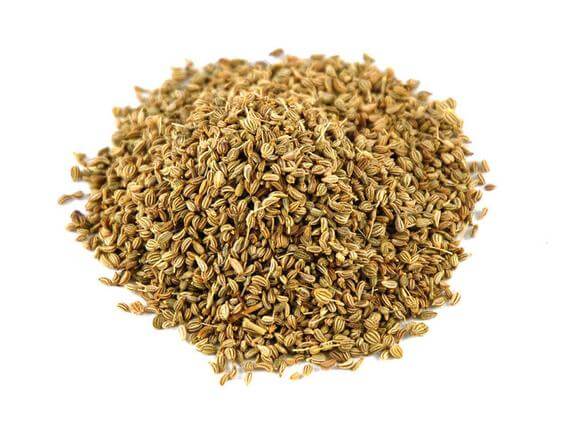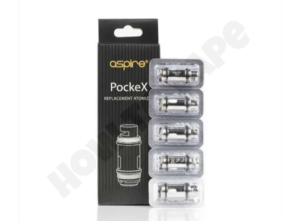Understanding the Properties of EN 10217-1 P235TR1 Pipe
The EN 10217-1 P235TR1 pipe is a widely used steel pipe that meets European high-pressure and high-performance applications standards. Known for its durability, strength, and weldability, it is crucial in oil and gas, power generation, chemical processing, and construction. This pipe type is designed to transport fluids and gases under demanding conditions while maintaining structural integrity and safety. Understanding the properties of EN 10217-1 P235TR1 pipes helps industries make informed decisions about their piping needs and select the right materials for their projects.
Material Composition
EN 10217-1 P235TR1 pipes are made from non-alloy steel, which consists primarily of iron and carbon, along with small amounts of other elements such as manganese, silicon, and phosphorus. The alloy composition balances strength, weldability, and resistance to pressure, making these pipes ideal for use in high-stress applications.
The “P235” in the pipe designation refers to the minimum yield strength of 235 MPa (megapascals), indicating the pipe’s ability to resist deformation under pressure. The “TR1” designation refers to the testing done during manufacturing to ensure that the pipes meet the required mechanical and chemical properties for their intended use. This steel composition ensures a strong, durable material that can withstand high pressure and temperature variations, critical for demanding environments.
An EN 10217-1 P235TR1 Pipe Exporter ensures that the pipes conform to these material specifications, delivering the required strength and resistance to corrosion and fatigue.
Mechanical Properties
One of the standout features of EN 10217-1 P235TR1 pipes is their robust mechanical properties. These pipes are engineered to maintain their integrity under high-pressure conditions. They suit fluid and gas transportation systems in oil and gas, power plants, and industrial processing.
Properties of EN 10217-1 P235TR1 pipes
Tensile Strength: These pipes’ tensile strength is typically 360-510 MPa. This high tensile strength ensures that they can handle significant stress without breaking or yielding.
Yield Strength: The minimum yield strength of 235 MPa indicates that the pipe can withstand high internal pressures without permanent deformation.
Elongation: These pipes feature an elongation percentage (typically around 22%) that allows them to stretch under pressure without failing, which is crucial in environments with fluctuating pressures.
Impact Toughness: EN 10217-1 P235TR1 pipes also exhibit good impact toughness, especially at lower temperatures, which makes them ideal for use in colder climates where brittleness is a concern.
These mechanical properties ensure the pipes provide long-term, reliable performance in high-pressure and high-temperature environments.
Corrosion Resistance
Corrosion resistance is a key property of EN 10217-1 P235TR1 pipes, making them suitable for various applications in environments prone to corrosive elements. The steel used in these pipes is resistant to general corrosion, making it ideal for transporting water, gas, and other chemicals.
In industrial applications, pipes often face exposure to moisture, chemicals, and environmental factors that can cause corrosion over time. EN 10217-1 P235TR1 pipes are designed to resist such effects, maintaining their integrity and functionality even in aggressive environments. This corrosion resistance extends the lifespan of the pipes, reducing the need for frequent repairs or replacements and minimizing operational disruptions.
For projects involving exposure to highly corrosive substances, working with an EN 10217-1 P235TR1 Pipe Exporter ensures that the pipes meet or exceed the necessary specifications for corrosion resistance, offering long-term reliability.
High-Temperature and Pressure Resistance
EN 10217-1 P235TR1 pipes are designed to perform in high-temperature and high-pressure environments, making them ideal for use in power generation, heating, and chemical processing industries. The pipes can withstand elevated temperatures and pressures without losing strength or structural integrity.
For instance, these pipes are commonly used in boiler systems, heat exchangers, and steam transport applications where high-pressure steam is involved. Their high-temperature resistance allows them to carry heated fluids or gases without weakening over time. Similarly, their high-pressure resistance ensures that the pipes do not deform or fail under the weight of the fluids they carry.
In industries with constant heat and pressure, selecting the right pipe material is essential for maintaining system safety and efficiency. EN 10217-1 P235TR1 pipes offer reliable performance under these conditions, ensuring equipment’s safe and efficient operation.
Weldability and Fabrication
One critical advantage of EN 10217-1 P235TR1 pipes is their excellent weldability. These pipes are designed for ease of welding, which is essential for complex piping systems requiring connections, junctions, or modifications.
The pipes can be welded using various techniques, including arc welding, gas welding, and TIG welding. This high level of weldability ensures that EN 10217-1 P235TR1 pipes can be easily integrated into existing piping networks or custom-made systems without compromising their structural integrity. Additionally, welded joints in these pipes can withstand high pressure and temperature conditions just as well as the base material.
The ease of welding also leads to reduced installation time and costs, which is crucial for large-scale projects. EN 10217-1 P235TR1 Pipe Exporters often supply these pipes with detailed welding procedures to ensure that they meet the required mechanical properties post-welding, ensuring long-term performance.
Versatility in Applications
Due to their robust mechanical properties, corrosion resistance, and high-temperature performance, EN 10217-1 P235TR1 pipes are highly versatile. They find applications across multiple industries, including:
Oil and Gas Industry: For transporting crude oil, natural gas, and refined products under high-pressure conditions.
Power Generation: This is for use in steam systems, cooling systems, and boiler installations, where high-pressure and high-temperature resistance is crucial.
Chemical Processing: For transporting corrosive chemicals and gases that require safe handling in pressure systems.
Construction and Infrastructure: Due to their strength and reliability, they are used in heating and fire protection systems, water supply, and drainage systems.
This versatility ensures that EN 10217-1 P235TR1 pipes are widely used across various industries, offering a reliable and cost-effective solution for many applications.














Post Comment